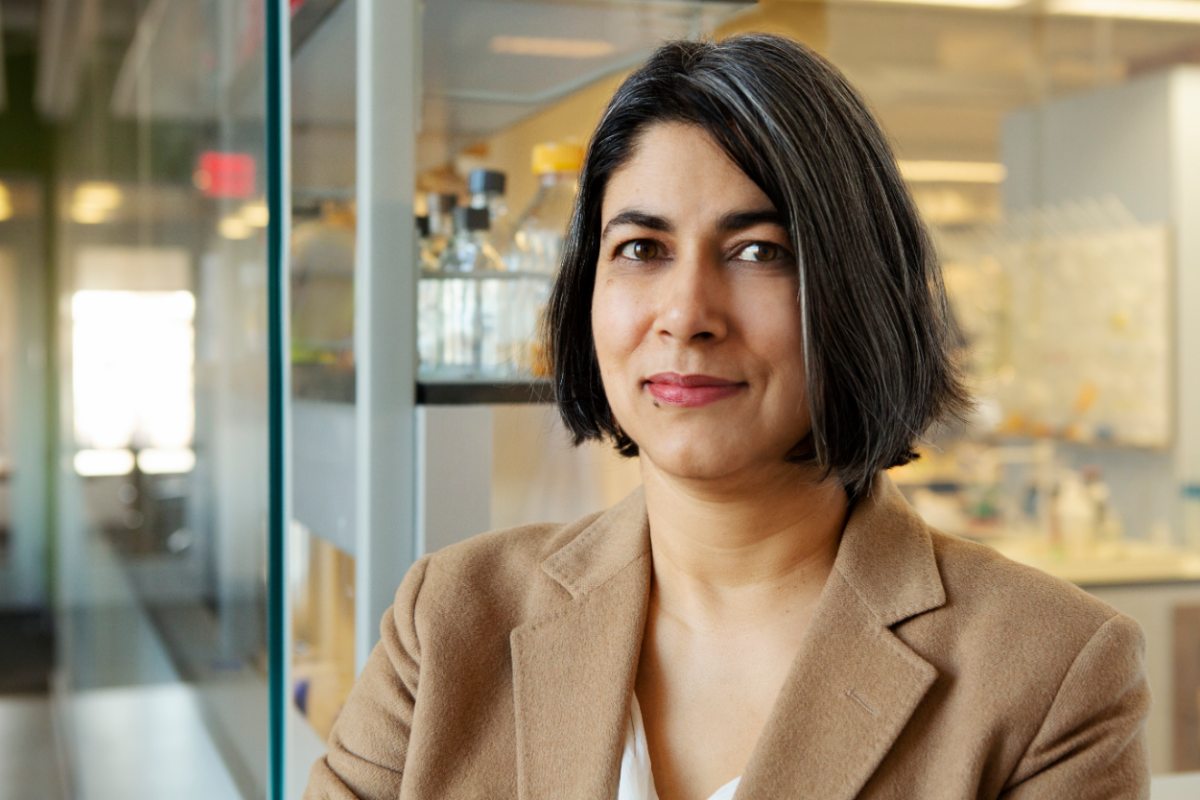
Professor Lara Mahal joins the Department of Chemistry this fall, bringing her expertise in chemistry and biochemistry in the study of sugars. Photo courtesy of Lara Mahal.
Professor Lara Mahal joins the Department of Chemistry this fall, bringing her expertise in chemistry and biochemistry in the study of sugars.
Earlier this year, Mahal was announced as the new Canada Excellence Research Chair (CERC) at the University of Alberta, supported by $10 million in federal funding over the next seven years. The CERC program awards universities funding to support world‑renowned researchers and their teams in establishing ambitious research programs at Canadian universities. The federal funding for Mahal's chair will be matched by the Government of Alberta. She is the fourth CERC at the U of A, joining a prestigious list, which includes CERC Laureates Graham Pearson (Arctic resources research),Thomas Thundat (oil sands molecular engineering research), and Michael Houghton (virology).
Mahal comes to the University of Alberta from New York University and joins fellow glycomics experts at GlycoNet, a pan-Canadian Network of Centres of Excellence, centred at UAlberta.
Tell us about your research program.
My work focuses on understanding the role of glycans-also known as sugars or carbohydrates-in human medicine and disease using an "omics," or high-throughput, approach. We study glycans in many diseases from influenza to skin cancer and have been identifying new opportunities for therapeutic interventions as a result.
What inspired you to enter this field?
I did my graduate work in this field and quickly realized how powerful and yet understudied carbohydrates are in medicine.
Why is it important to share glycomics research with the community?
I love teaching and plan to use my time as CERC in glycomics to inform the larger community-especially the medical community-about the power and importance of the glycome. I also want to reach out to the next generation of students, including high school and undergraduate students, and help to train them in research.